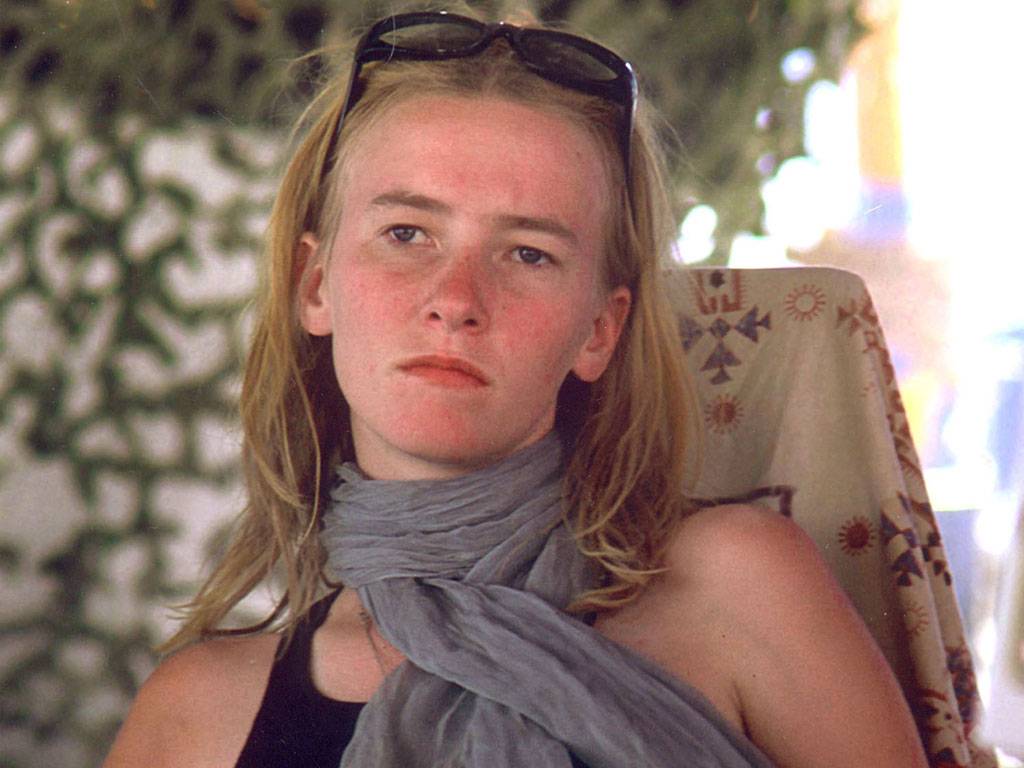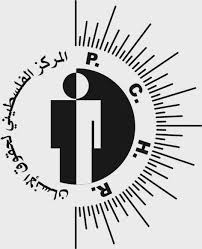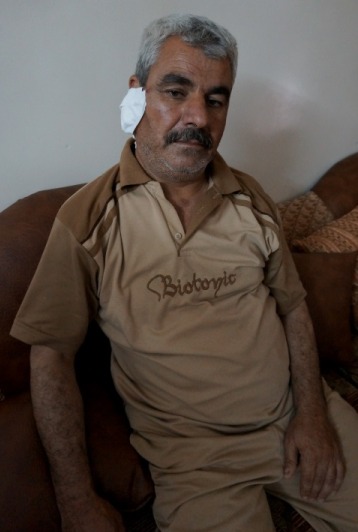Category: In the Media
-
Israeli Supreme Court to hear Rachel Corrie appeal
13th May 2014 | Rachel Corrie Foundation for Peace & Justice | Occupied Palestine Nine years after filing a civil suit against the State of Israel for the wrongful death of American peace activist Rachel Corrie, her family will have their appeal heard before the Israeli Supreme Court on May 21 at 11:30 a.m. in Jerusalem. The appeal, which will…
-
PCHR calls for investigations into incidents in Yatta town
8th May 2014 | Palestinian Center for Human Rights | Yatta, Occupied Palestine The Palestinian Center for Human Rights (PCHR) calls upon the Attorney General to seriously open an investigation into incidents that took place in Yatta town near Hebron on Monday, 05 May 2014. The incidents included beatings, arrests, house raids, and destruction of civilians’ belongings by…
-
Asira Attacked 4 Nights in a Row
7th May 2014 | International Women’s Peace Service | Asira al-Qibliya, Occupied Palestine Israeli army raided the village of Asira al-Qibliya (south of Nablus) at 1 am on 5 May, arresting a 21-year-old, brutally assaulting his uncle, and terrorising the family’s children with attack dogs. Dozens of Israeli soldiers invaded Asira by foot, sneaking in from the backside of…



